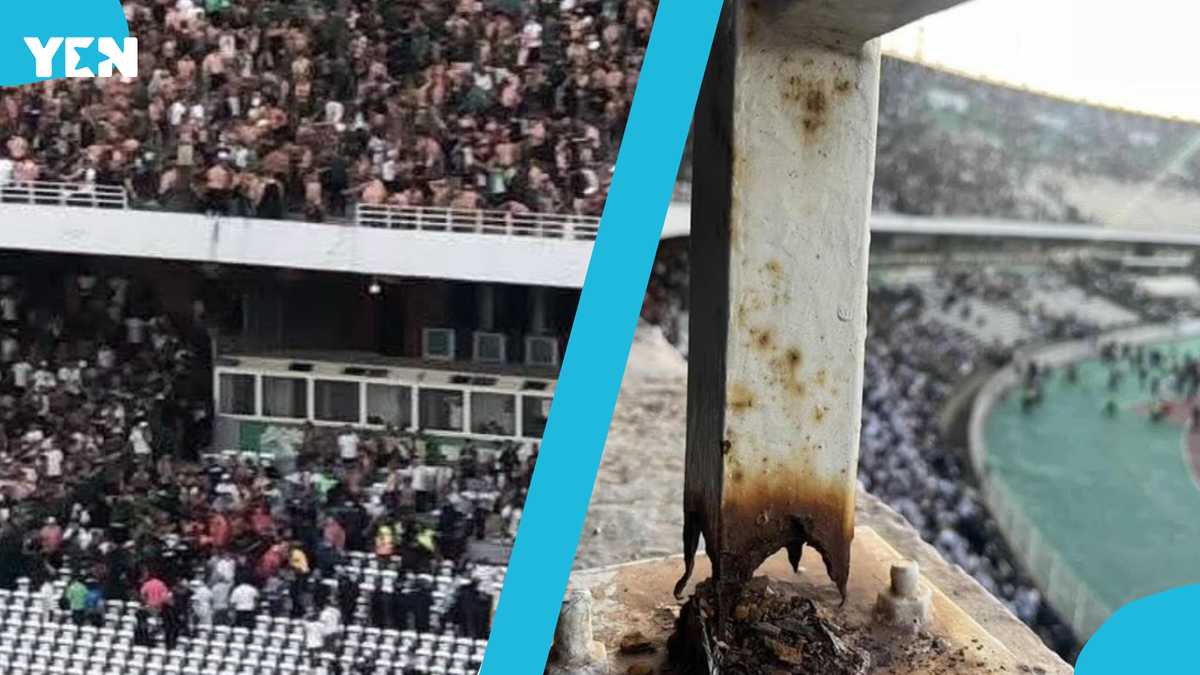Algeria: FAF unveils sweeping safety measures following stadium tragedy

The Algerian Football Federation (FAF) has announced a series of major reforms aimed at improving safety and restoring order in stadiums nationwide.
The measures, confirmed during the Federal Bureau’s monthly meeting held late Monday in Dely Brahim, will take effect at the start of the upcoming season.
In the wake of the recent tragedy at the 5 July 1962 Stadium, where four MC Alger supporters lost their lives following a fall from the stands after a match against NC Magra, the FAF has moved decisively to prevent such incidents from recurring.
A minute of silence was observed during the session to honour the victims, whose deaths have cast a shadow over Algerian football.
Among the most significant decisions is the temporary reduction of stadium capacities to just 25% of their usual maximums.
This drastic cut is designed to reduce crowd density and help authorities manage spectators more effectively. The measure will apply across all venues and competitions.
Additionally, the Federation has extended its ban on travelling fans for away matches throughout the entire first half of the 2025–26 season.
This move, though controversial among supporters and some clubs, is intended to minimise risks linked to rival fan confrontations and logistical challenges around matchdays.
The FAF also reaffirmed its commitment to improving Algeria’s sporting infrastructure.
Plans are in place to rehabilitate stadiums, upgrade facilities, and ensure that safety standards are in line with international norms.
These developments form part of a broader strategy to create a more secure and welcoming environment for fans and players alike.
“The goal is to put an end to the tragedies that have marred our footballing culture for too long,” said a statement issued by the Federation after the meeting. “These decisions, though difficult, reflect the seriousness of the moment and our unwavering commitment to preserving life and dignity within our sport.”
Reactions to the new regulations have been mixed.
While many have welcomed the proactive stance taken by the FAF, others—particularly fan groups—have criticised the measures as excessive and punitive.
Critics argue that the restrictions risk alienating supporters and damaging the vibrant atmosphere that characterises Algerian football.
Nonetheless, the Federal Bureau is pressing ahead, convinced that the reforms are necessary to usher in a safer era for the domestic game.
As the new season approaches, all eyes will be on how effectively these measures are implemented—and whether they succeed in preventing future tragedies.




